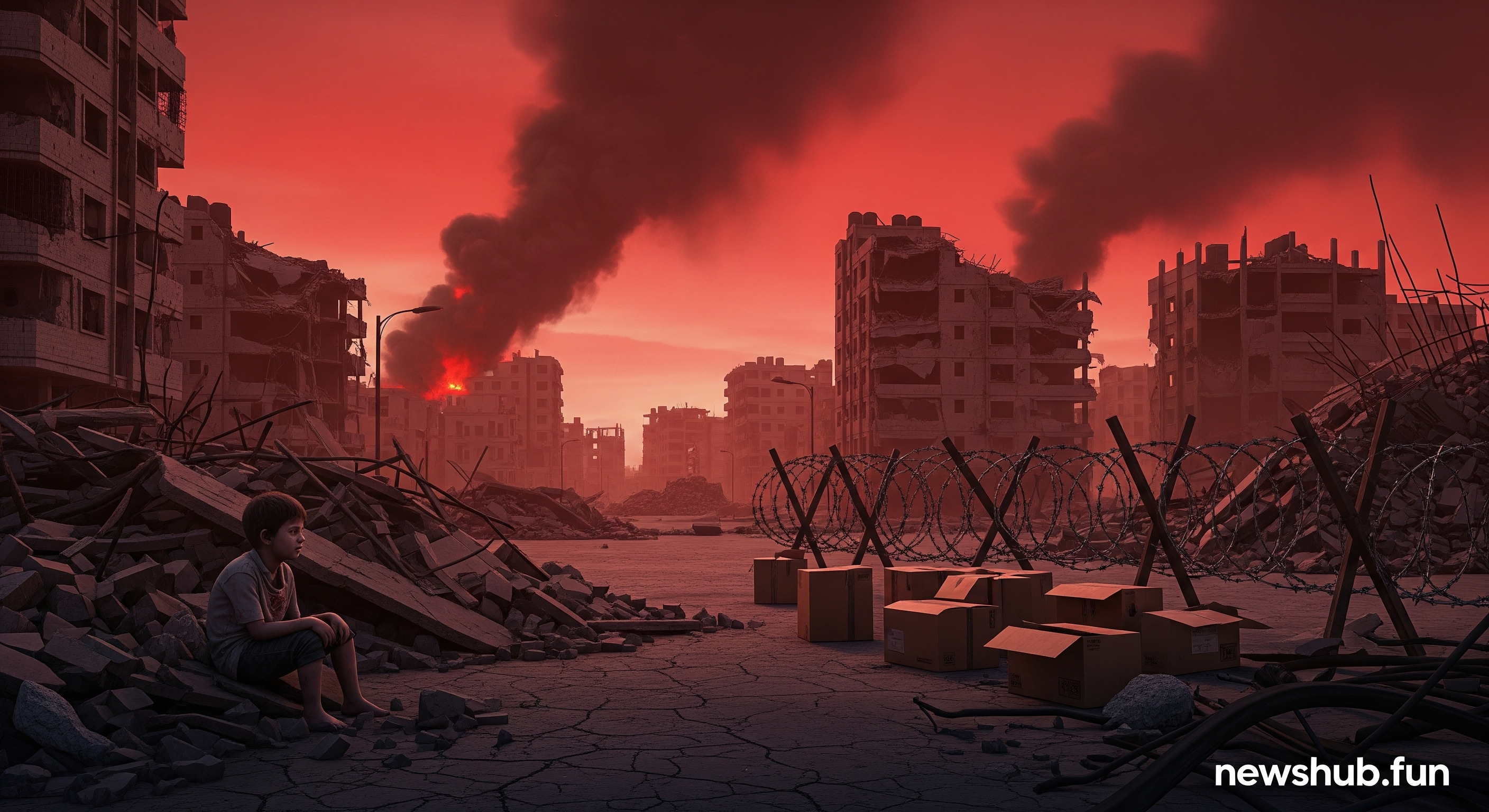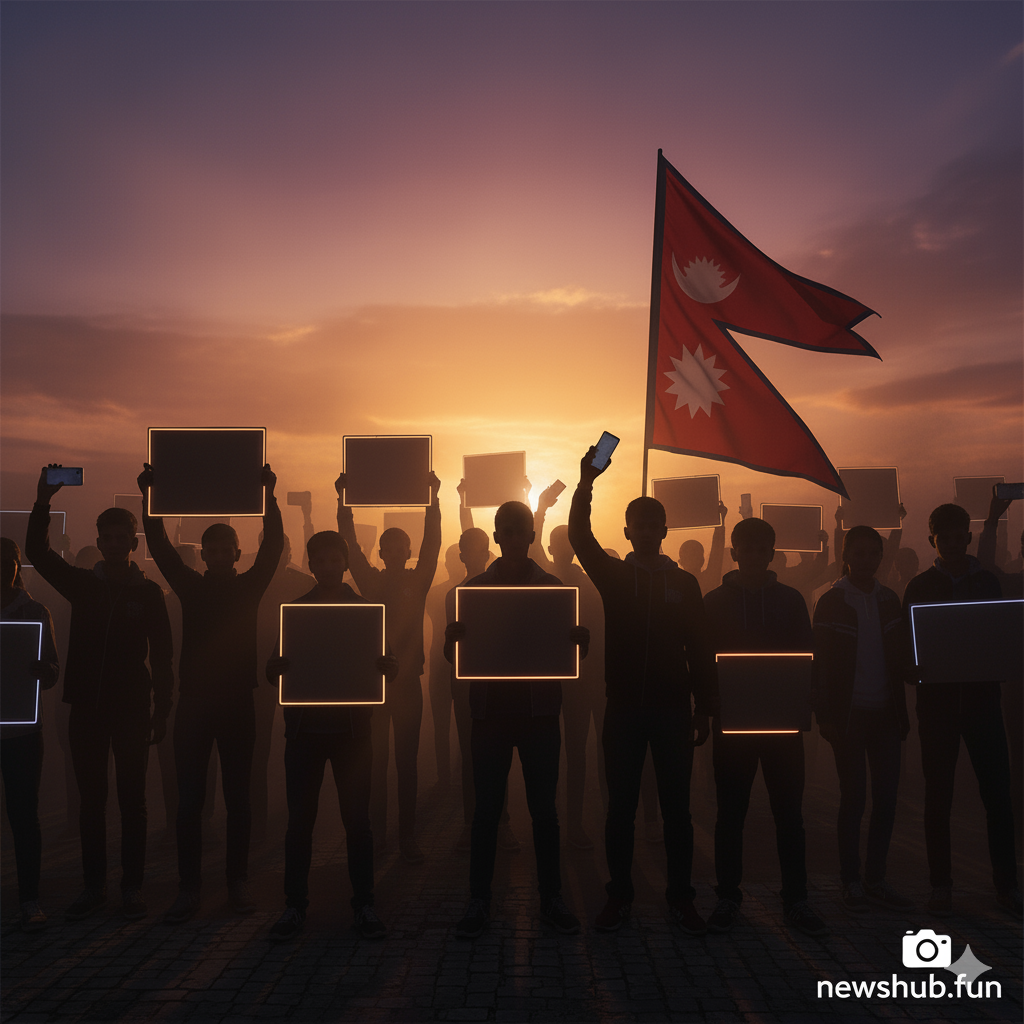Introduction
The ongoing war in Ukraine has once again reached a political deadlock. Hopes for renewed peace talks were damaged this week after Russian President Vladimir Putin refused to participate in a summit proposed by Ukrainian President Volodymyr Zelenskyy. The move sparked criticism from Kyiv and raised fresh doubts about Moscow’s willingness to engage in serious dialogue. As international observers warn of growing instability in Eastern Europe, NATO allies and neighboring states are intensifying diplomatic efforts to prevent the conflict from escalating further.
Zelenskyy Calls for Peace Summit
Ukrainian President Volodymyr Zelenskyy had urged Russian leadership to join a peace summit aimed at creating a roadmap for ending the war. The initiative was expected to include discussions on prisoner exchanges, humanitarian corridors, and long-term security guarantees. However, Moscow’s refusal to participate has been interpreted by Kyiv as a deliberate attempt to prolong the war and destabilize the region.
NATO’s Growing Role in Ukraine
Following Russia’s dismissal of the summit proposal, NATO Secretary-General Jens Stoltenberg visited Kyiv to reaffirm the alliance’s commitment to Ukraine’s defense. Talks focused on:
-
Strengthening military support with advanced defense systems.
-
Security guarantees that would extend NATO’s protective umbrella over Ukraine in the future.
-
Long-term membership prospects, which remain a key Ukrainian demand.
While NATO stopped short of immediate membership promises, officials stressed that Ukraine’s security remains central to European stability.
European Leaders Rally in Moldova
In parallel, European Union leaders visited Moldova, a small but strategically important neighbor of Ukraine. Moldova has long been vulnerable to Russian political influence, and leaders fear that the Kremlin could exploit its position to further destabilize the region. The visit was seen as both symbolic and practical, signaling the EU’s determination to strengthen Moldova’s resilience against foreign interference.
The Druzhba Pipeline Concerns
Another issue adding tension is the Druzhba oil pipeline, one of the world’s longest pipelines that runs through Ukraine. Recent disruptions have raised alarms about Europe’s energy security. Ukraine has accused Russia of using energy as a weapon, while EU nations are working on contingency plans to secure alternative supplies. Any escalation could impact not just Ukraine but also global oil markets.
North Korea’s Role in the Conflict
International concern also grew after reports suggested that North Korean soldiers fighting alongside Russian forces have suffered casualties in Ukraine. Analysts warn that this development may internationalize the conflict further, pulling in countries beyond Europe and raising the stakes for global security.
Humanitarian Situation Worsens
As diplomatic maneuvering continues, the humanitarian crisis deepens. Millions of Ukrainians remain displaced, cities face constant shelling, and access to essential supplies is limited in frontline regions. Humanitarian organizations continue to call for:
-
Immediate ceasefires in civilian zones.
-
International aid to reach blockaded areas.
-
Greater accountability for violations of international humanitarian law.
What This Means for Global Security
The failure of the summit highlights a troubling reality: neither side appears ready for compromise. Russia’s reluctance to engage signals that the conflict may persist, while Ukraine’s push for NATO membership could trigger further tensions with Moscow. For global powers, the situation represents more than a regional war—it is a test of international diplomacy, energy stability, and the balance of power in Europe.
.jpg)

.jpg)

0 Comments
No comments yet. Be the first to share your thoughts!
Leave a Reply